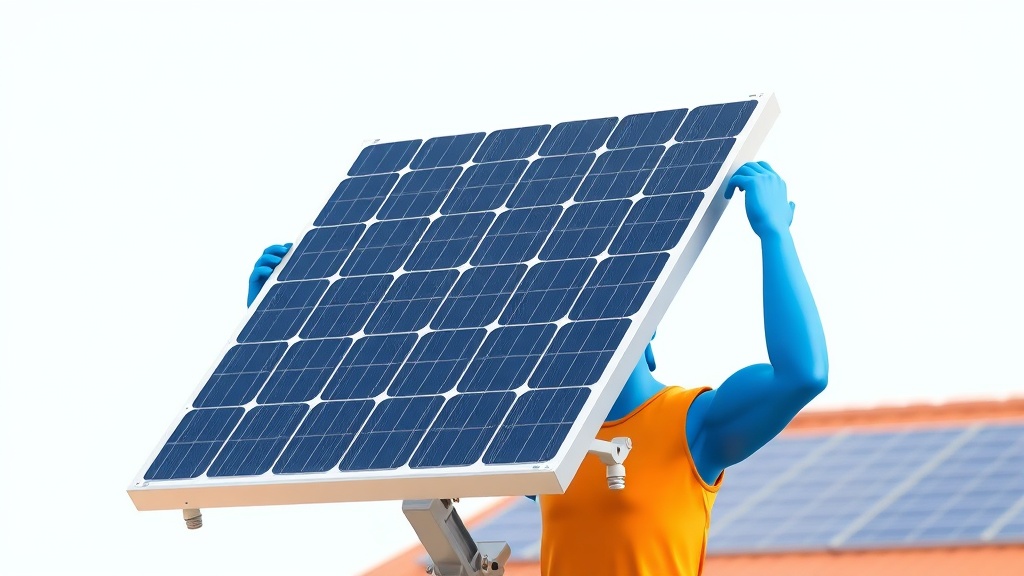Home / Environment / Aussie Households to Save Big on Energy Bills by 2050 with Clean Tech Shift
Aussie Households to Save Big on Energy Bills by 2050 with Clean Tech Shift
12 Oct
Summary
- Household energy bills to halve by 2050 as solar, batteries, EVs become mainstream
- Biggest savings expected in gas-reliant Victoria, with annual costs dropping from $6,036 to $2,767
- Government urged to expand carbon pricing scheme to power sector to drive faster emissions cuts

According to a recent report by the Grattan Institute, Australian households can expect to see their energy bills cut in half by 2050 as renewable technologies like solar panels, batteries, and electric vehicles become more widespread. This shift is expected to significantly reduce pressure on the federal government over living costs, creating room for more climate action.
The modelling found that cutting greenhouse gas emissions from electricity generation in line with the goal of reaching net zero emissions by 2050 will cut average household energy costs from about $5,800 today to around $3,000. The biggest savings are anticipated in gas-reliant Victoria, where annual spending on petrol, gas, and electricity could fall from $6,036 to $2,767.
However, the report states that emission cuts in the power sector are not happening fast enough, and the mid-century net zero target will not be met without a policy requiring reductions in pollution from electricity. The Grattan Institute has called on the government to consider expanding the existing safeguard mechanism, a form of carbon pricing, to include power plants. This would only marginally limit the expected household energy savings, by about 3%.
The institute's energy and climate change program director, Alison Reeve, said the politics of carbon pricing should change as people's energy use patterns have evolved since the previous carbon pricing scheme was abolished in 2014. "For too long, federal governments of both political colours have avoided pricing carbon because they fear higher electricity prices," Reeve said. "Our report shows that the source of that fear is becoming outdated."




